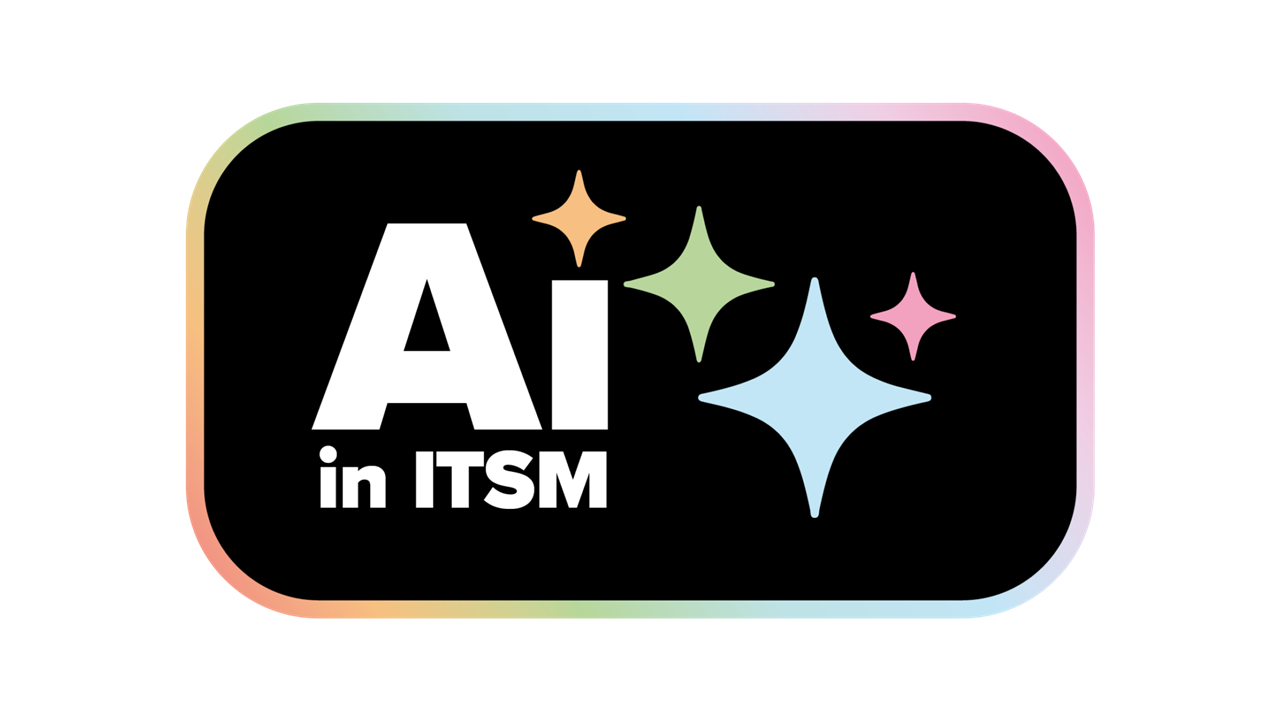Artificial Intelligence is no longer just a buzzword in the IT industry; it has become a powerful tool that reshapes how organizations manage their IT services.
IT Service Management (ITSM) has always been about delivering reliable, efficient, and user-friendly services to meet business goals. With the integration of AI, ITSM is evolving into a proactive, intelligent, and self-improving ecosystem.
From predictive analytics to automated workflows, AI offers capabilities that reduce operational costs while improving end-user satisfaction. The fusion of AI with ITSM is paving the way for a more efficient, data-driven approach to service delivery.

Table Of Contents 👉
- How AI enhances automation in ITSM processes
- Improving incident management and problem resolution
- Enhancing the user experience with AI-driven support
- Data-driven decision making with AI in ITSM
- Key benefits of adopting AI in ITSM
- A comparison of traditional ITSM vs AI-powered ITSM
- The future of AI in ITSM and why it matters
- Final thoughts on AI in ITSM
How AI enhances automation in ITSM processes
Automation has always been a cornerstone of ITSM, but AI takes it a step further. Routine tasks such as password resets, ticket categorization, and incident routing can now be handled intelligently without human intervention.
AI-driven chatbots and virtual agents provide immediate responses to common user queries, drastically reducing wait times and service desk workload.
Instead of relying on static rules, AI adapts and learns from historical data, ensuring that automation becomes smarter with every interaction.
This shift allows IT teams to focus on more strategic initiatives, improving overall productivity and reducing repetitive strain on staff.
Improving incident management and problem resolution
One of the most noticeable advantages of AI in ITSM lies in incident and problem management. Traditional approaches often rely on manual triage and human judgment, which can delay resolution.
AI introduces predictive capabilities, analyzing past incidents to identify patterns and recurring issues. By proactively recognizing risks, AI tools can suggest preventive measures before an incident escalates into a critical problem.
For example, if system performance metrics start trending in a risky direction, AI can flag the anomaly and recommend corrective actions before downtime occurs. This predictive power transforms ITSM from a reactive process into a proactive service model.
Enhancing the user experience with AI-driven support
For end-users, the most visible change brought by AI is in customer support. Chatbots, intelligent assistants, and voice recognition systems deliver instant responses to common IT queries.
This not only shortens resolution times but also offers round-the-clock availability. Instead of waiting for business hours, employees can resolve technical issues at any time.
Furthermore, natural language processing allows AI systems to understand context better, providing more accurate answers that mimic human interaction. The result is a seamless support experience that increases user confidence in IT services while reducing frustration with delays.
Data-driven decision making with AI in ITSM
AI thrives on data, and ITSM environments are filled with valuable information from service requests, performance monitoring, and user interactions. By applying machine learning to this data, IT leaders gain actionable insights that inform better decision-making.
For instance, analyzing ticket trends can help forecast resource requirements, while sentiment analysis on user feedback highlights areas where service quality can improve.
This level of visibility allows IT departments to align their strategies more closely with business needs, ensuring technology serves as a driver of growth rather than a source of bottlenecks.
Key benefits of adopting AI in ITSM
Organizations that embrace AI in ITSM quickly realize a wide range of advantages. Among the most impactful are:
Reduced response and resolution times
- Lower operational costs through automation
- Improved service availability and uptime
- Enhanced employee and end-user satisfaction
- Smarter resource allocation and planning
These benefits position AI as a critical enabler for digital transformation, ensuring ITSM evolves in line with the increasing complexity of modern IT environments.
A comparison of traditional ITSM vs AI-powered ITSM
| Aspect | Traditional ITSM | AI-Powered ITSM |
|---|---|---|
| Incident Resolution | Manual triage and escalation | Automated triage with predictive alerts |
| User Interaction | Human agents only | Chatbots and virtual assistants |
| Decision-Making | Based on historical reports | Real-time insights from machine learning |
| Scalability | Limited by human resources | Easily scalable with automation |
| Service Desk Efficiency | Reactive and time-consuming | Proactive and self-improving |
This contrast highlights the transformational impact AI brings to ITSM, turning service management into a more intelligent, responsive, and efficient practice.
The future of AI in ITSM and why it matters
Looking ahead, AI in ITSM will only continue to grow more sophisticated. As organizations embrace hybrid and cloud-first infrastructures, the need for intelligent management solutions becomes even more critical.
Self-healing systems, predictive maintenance, and AI-assisted service orchestration will become standard features rather than premium add-ons.
For businesses, this means not only greater efficiency but also stronger alignment between IT and overall corporate strategy.
By embracing AI-driven ITSM solutions such as those offered by Alloy Software, companies can future-proof their IT operations and stay ahead in an increasingly competitive digital landscape.
Final thoughts on AI in ITSM
Artificial Intelligence is redefining how IT services are delivered, supported, and optimized. By combining automation, predictive analytics, and intelligent decision-making, AI transforms ITSM into a proactive, user-focused discipline.
Organizations that adopt AI-powered ITSM are not just keeping up with technology trends – they are unlocking a more efficient, reliable, and scalable way of managing IT services.
For IT leaders, the message is clear: embracing AI in ITSM is no longer an option; it is a necessity for staying competitive in a world where technology drives business success.
